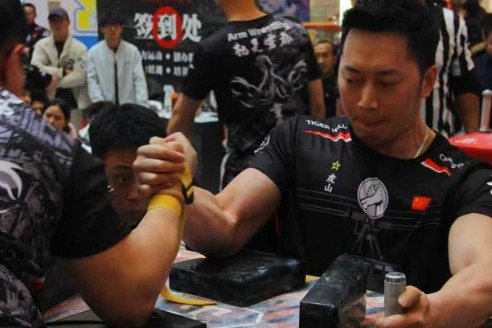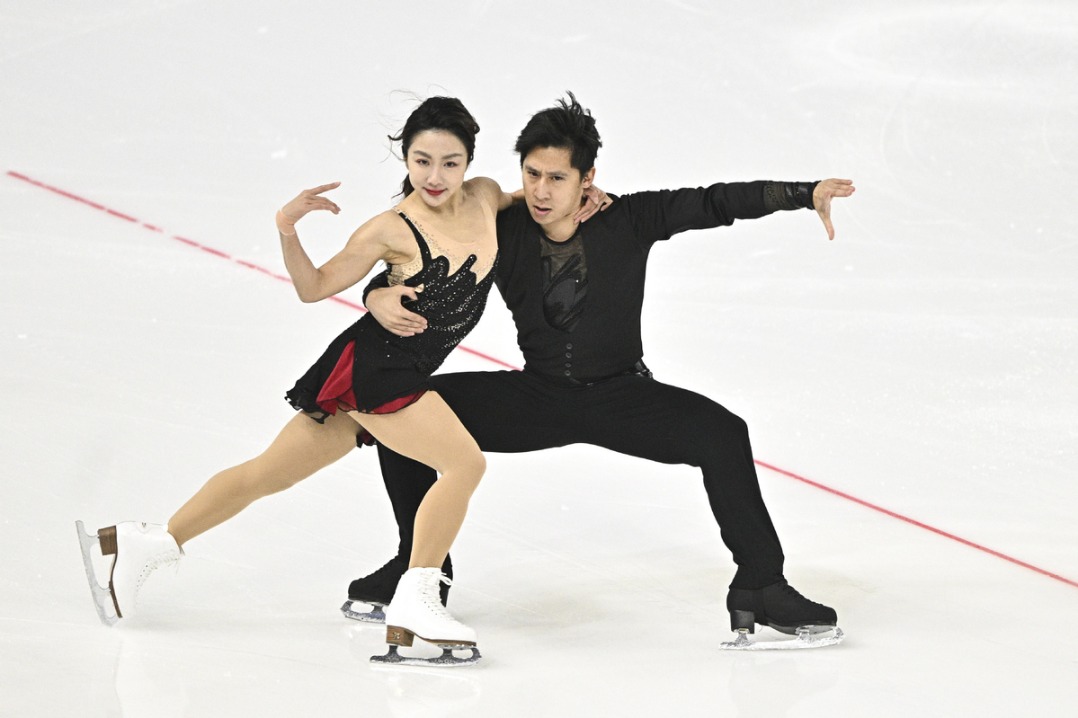Shaving off the seconds
Can a razor really trim off time in the pool? Swimmers swear by it but the science is inconclusive

For all the high-tech suits and advancements in training techniques, there is one time-honored — and sometimes painful — tradition that swimmers cling to before every big meet: shaving down.
While there is scant scientific evidence that a razor helps produce faster times, good luck finding anyone who will say the sleek look is not just as important as strenuous workouts, good nutrition and proper strokes.
"I don't know (about the science), but I can tell you it works," said Bob Bowman, who was Michael Phelps' longtime coach. "It definitely works."
Cullen Jones agrees. The winner of four Olympic medals, including a pair of golds, the now-retired swimmer always felt faster after clipping off every bit of hair that might come in contact with the water.
"The big reason we shave is it does knock off time," Jones said. "You will see people swimming faster when they have less hair on them because they're more hydrodynamic. We're trying to be like fish."
Still, for all the importance that swimmers place on it, there's actually been little research on whether shaving down significantly reduces drag in the water — a key factor in producing faster times. Certainly, there's more data on snugger suits, tighter-fitting caps and more aerodynamic goggles.
A study from the late 1980s found that shaving down had little effect on such important factors as distance per stroke, heart rate or blood lactate, though it did, indeed, appear to provide a reduction in drag.
Bowman believes the most beneficial aspect to shaving down is the feel it gives a swimmer after he or she dives into the pool.
"What it really does, in my opinion, is it takes off the first layer of skin, so your body is more sensitized to the water," Bowman said. "You definitely feel different when you do it. I think that's the key. You take off the top layer of your skin and your body is more sensitive to the feel of the water."
At the very least, shaving down provides a psychological edge: If you feel like you're faster, chances are you actually will swim faster.
"I don't know, like, the physiology of it. I just know when I shave I feel higher in the water. I feel fast," said backstroker Ryan Murphy, a four-time Olympic gold medalist.
Shaving down occurs only before the biggest of meets, such as the Olympics or the world championships, which started this week in Fukuoka, Japan, and where the swimming races begin next week.
In the lead-up to those important competitions, many swimmers let the hair on their head and body grow as much as possible. Some men will show up looking like they're hockey players who grew woolly beards for the NHL playoffs.
Then, the night before they hit the water, they'll lop it all off.
"There's a myth that swimmers shave all the time," Jones said. "No, they shave for big meets. A lot of times throughout the year, most swimmers want to have as much drag as possible, to kind of feel like they're training harder."
Jones remembers wearing pantyhose-style tights and other forms of weight-adding suits during his training routines. Another swimming great, Ryan Lochte, often would go the other direction, competing at less-important meets in tiny training suits, so he wouldn't get any of the edge provided by jammers covering more of his legs.
"Much like a baseball player with a bat with a weight on it, it was to try to have drag," Jones explained. "So, when you're in the water, you feel like you have to do a lot more. When you took those pantyhose or the drag suit off, you felt like a superhero. You were flying through the water."
Shaving down provides many of those same benefits, even if it's mostly in a swimmer's head. Jones acknowledged that scaling back on training leading into a major competition — known as tapering — also helped him knock close to a second off the times he put up in practice for the 50-meter freestyle.
"I don't have scientific evidence," Jones said. "I think some it is mental. I'm sure a lot of it is mental. But I do think most swimmers shave because there is a feel for the water you get when you don't have the hair, you don't have the dead skin on your body anymore. There's that edge."
Shaving down can be a time-consuming process, often requiring the help of a teammate for hard-to-reach areas such as the back, and one needs a gentle touch to avoid nicks and scrapes.
More experienced swimmers have learned how to make the process go much faster.
"I'm a professional at it now," the 28-year-old Murphy said with a grin. "I can get it done in like 15 minutes. I just go boom, boom, boom, and I'm good."
Another Olympic gold medalist, breaststroker Lilly King, believes shaving down has more impact on the men's side. Noting her blond hair and fair skin, she said she doesn't even bother shaving her arms anymore.
"I think for the girls, it's mental," King said. "Look at me. I'm a blond woman. I'm probably not that hairy to begin with. For the guys, I do think it makes a difference. But for me, it's not that big a deal."
Agencies via Xinhua
Most Popular
- Russian team wins Harbin International Ice Sculpture Competition
- Worldloppet ski season opens with Changchun cross-country event
- Women's half-marathon draws 20,000 runners to Guangzhou
- Picture perfect
- A passing of the torch
- Chongqing contest sets new records for Chinese arm wrestling






























